Down Navarra explains in this article what the role of a Down Syndrome Association is and its experience applying cognitive stimulation with NeuronUP.
What is Down syndrome?
Down syndrome (DS) is a congenital anomaly caused by the presence of an extra chromosome in pair 21 of each cell. This alteration is known as Trisomy 21.
Frequently asked questions about Down syndrome
1. Why does Down syndrome occur?
DS is the most common genetic cause of intellectual disability. It occurs at the moment of fertilization and is produced by the presence of an extra chromosome in pair 21. Although it can be detected during pregnancy, its causes are not determined by timing. This means that nothing the parents have done during pregnancy caused this genetic alteration. DS cannot be prevented, so any couple can have a baby with DS.
2. Are they sick?
DS is not a disease because it cannot be cured; there is no treatment for that purpose. Down syndrome is a disability associated with the person—a characteristic of the individual. Babies born with DS may have a higher prevalence of health issues (heart conditions, infections of the respiratory and digestive systems in the early years…).
It is very important to address all these possible associated conditions through a good health program and by offering positive and stimulating environments that promote their autonomy and the development of all their abilities.
The importance of early intervention
Early intervention begins within a few months of birth and continues until the child turns 6 years old, taking advantage of the neuronal plasticity of the early years, allowing psychomotor, cognitive, language, social and emotional development. A child with DS will reach all the developmental milestones that any other child will; they will walk, speak, etc. The difference is that, due to their psychomotor delay, they will reach them later and it will depend, as with any other child, on their individual variability.
Currently, early intervention not only aims to achieve the first developmental milestones, but the intervention is also directed towards the family, so that the person with DS accepts themselves and becomes as independent as possible.
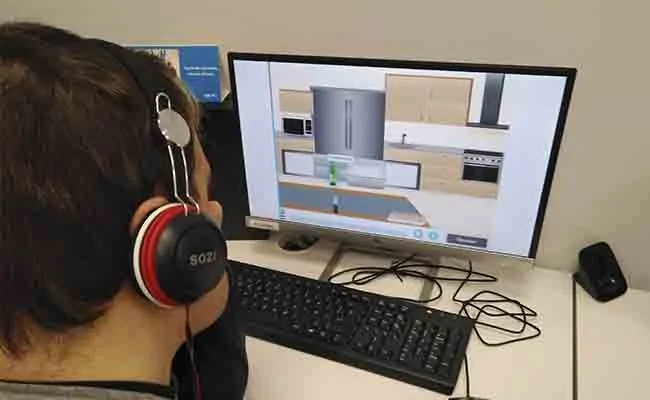
3. Can Down syndrome be prevented?
It is not possible to know before conception if a couple will have a child with Down syndrome. Once the fetus is formed, the pregnant woman can request prenatal diagnosis to learn the chromosomal makeup of the fetus in gestation. There are various tests, the most common being: amniocentesis, chorionic villus sampling and biochemical screening.
Stereotypes
Society has stereotyped and pigeonholed people with Down syndrome and it is our duty to defend that they are as unique and unrepeatable as everyone else.
- People with Down syndrome are not more affectionate, nor happier, nor do they like music more than anyone else.
- They are not always children; they grow and develop mentally and physically like other people, if they are given the necessary conditions for their development.
- They go through all life stages: childhood, adolescence, adulthood.
- There are no degrees of being affected by Down syndrome: you either have it or you don’t.
- There are no culprits.
- It is not a disease.
- It cannot be “cured”.
The Down Syndrome Association of Navarra
We are a non-profit entity established in 1990 at the initiative of a group of parents of people with Down syndrome who were looking for solutions to the particular problems that this disability entails.
We have been working for 30 years on behalf of people with Down syndrome through actions that contribute to improving their quality of life and defending their rights.
We operate within the Chartered Community of Navarra and are affiliated with Down España (Spanish Federation of Institutions for Down Syndrome). We currently have more than 150 members and 200 supporting members.
What do we do in our Down Syndrome Association?
1. Welcome program
Care protocol in the event of the birth of a child with DS and attention to any type of inquiry (families, organizations, university students and people interested in our work, etc.) informing about the Association’s activities and programs.
2. Family support program
The family, as the first natural nucleus of inclusion of the person with DS, must from the beginning have the most complete information, as well as the appropriate training to become involved in the care and education of their child throughout the different stages of their life. The Family Support Program offers the following resources:
- Emotional Support Group for parents with children aged 0-3 years
- Emotional and Educational Support Group for parents with children in preschool and primary school
- Emotional Support Group for Siblings
- Emotional support group for Grandparents
- Individual Psychological Care for People with Down Syndrome
3. Psychopedagogical support program
- Collaboration with Educational Centers: Service offered with the objective of advising the educational center about the characteristics of people with Down syndrome, guiding access to the curriculum, advising on different learning methodologies, raising awareness among schools and families about the importance of inclusion, advising families, offering training sessions to education professionals and exchange of experiences, educational materials and current topics of interest.
- Speech therapy.
- Literacy.
- Global stimulation.
- Social skills.
4. Leisure and free time program
The Leisure, Free Time and Sports program aims for our young people to be able to engage in normalized leisure activities appropriate to their age, being themselves the ones who can decide how to enjoy and manage their free time according to their tastes and interests.
The program offers the following activities:
- Outings around Pamplona and weekend trips.
- Urban camps.
- Summer camps.
- Self-managed vacations: aimed at young people and adults with personal, social and acquired autonomy, supported by a personal assistant.
- TxalaparDown.
- Regional dances.
- AfroDown.
- Swimming.
- Football.
5. Itaca Sepap Ocupacional
Service to Promote Personal Autonomy with the objective of contributing to the development of competences and empowerment of people with Down syndrome.
- Personal and social adjustment service.
- Occupational therapy and work training service.
- Administrative Practice Workshop.
- Business Simulation Workshop, Ulises.
- Cooking Workshop.
- Domestic Skills Workshop.
- Internships in ordinary companies.
- Labor inclusion ECA.
- Training in socio-labor competences for people with DS who are actively working.
6. Itaca Vida Independiente
Comprehensive service aimed at families and especially at people with Down syndrome to facilitate their transition to Adult Life and to support the choice of their life project through Person- and Family-Centered Planning
- Apartment for the Promotion of Personal Autonomy.
- Supervised apartments.
- Support services in the natural environment.
- Guidance and Advice to families for the preparation of life projects.
- Guidance, advice or referral to specific professionals and/or services.
7. Volunteering
Program for welcoming, training and follow-up of volunteers.
Our experience with NeuronUP
At the Down Syndrome Association of Navarra we have nearly 3 years of experience working with the NeuronUP cognitive rehabilitation platform. The areas it addresses, the different possibilities for designing sessions (digital or paper activities), the types of activities (worksheets, games, simulators…), the adaptation to the population you need to work with (children or adults), etc., make it an effective and motivating intervention resource for our members.
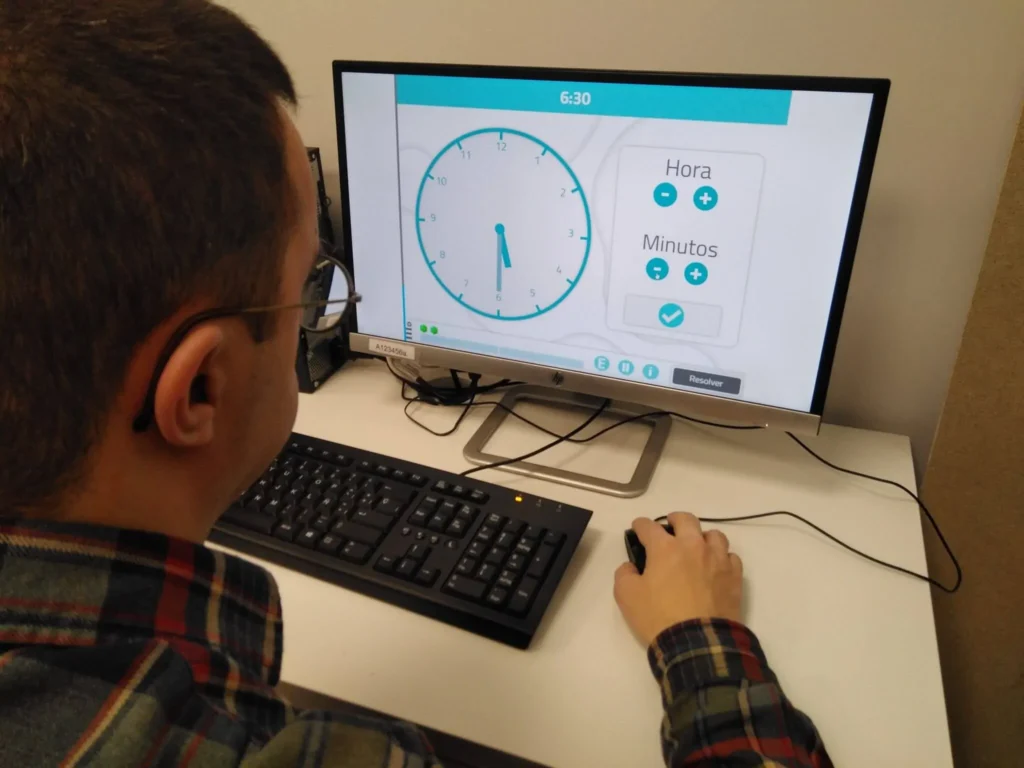
Continuous stimulation of the cognitive functions is fundamental for people with DS, thus promoting the good development of their abilities and, on the other hand, their aging often occurs early and in many cases is associated with deterioration in cognitive functions. For this reason, it is necessary to stimulate and work on cognitive abilities from early ages.
NeuronUP in groups
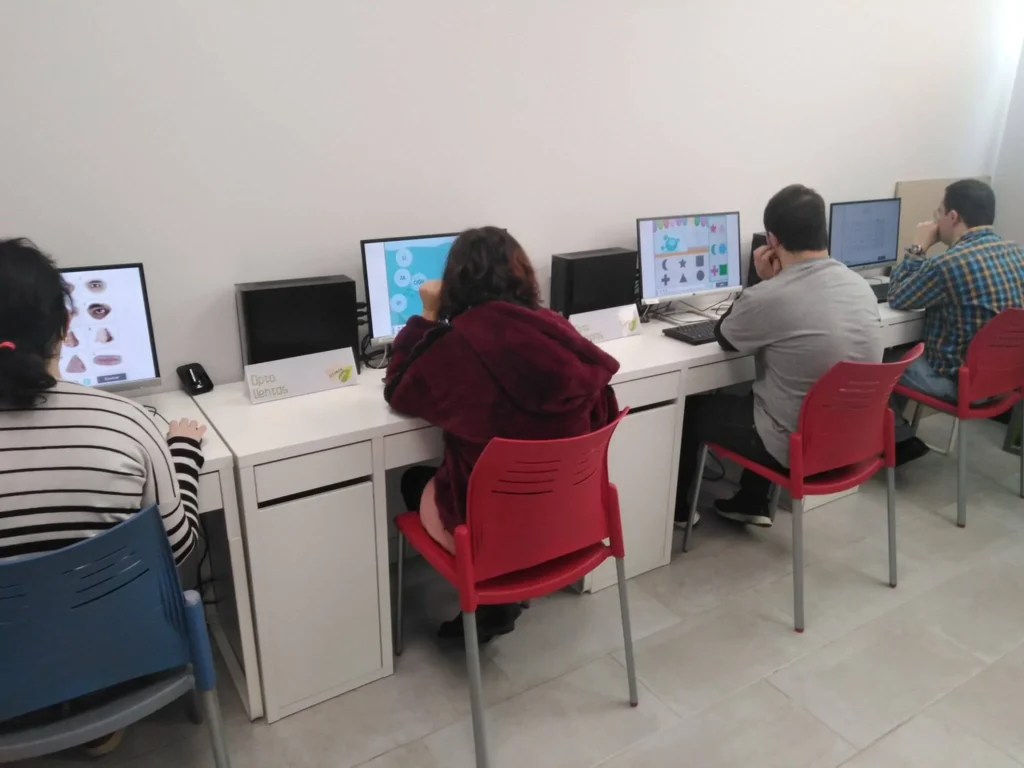
In our organization, we use NeuronUP in group sessions for basic and advanced social skills for groups of children and young people from the age of 10. We frequently use activities from the areas of occupation (ADLs, games, leisure, social participation, etc.) and specific activities for attention, money management, to train these kinds of skills so important for promoting their personal and social autonomy from that age.
For adults, the psychological care team assesses the cognitive state of each user of Itaca Sepap Ocupacional and designs individualized sessions appropriate to each person’s needs that are worked on weekly both at group level and individually in individualized psychological counseling sessions.
Extra resources
Finally, one of the most used sections of the platform is “extra resources.” Images, sounds, texts, tools, etc., that facilitate individualized intervention work with each of our users.
If you liked this blog post about the work of the Down Syndrome Association of Navarra, you may also be interested in:
“This article has been translated. Link to the original article in Spanish:”
¿Cuál es la labor de una Asociación Síndrome de Down? El caso de Down Navarra
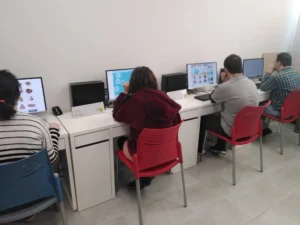
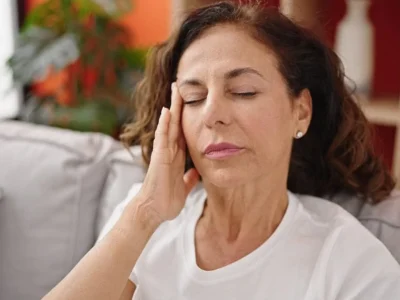
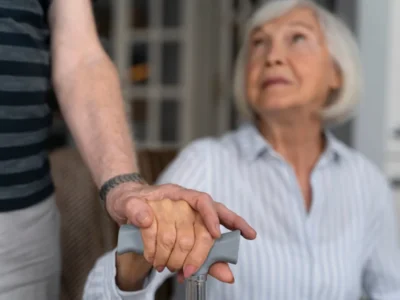
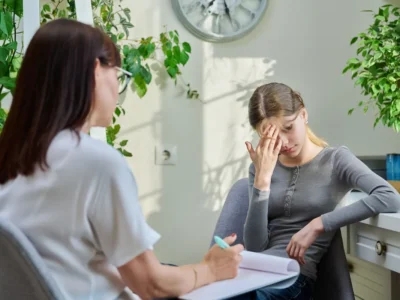
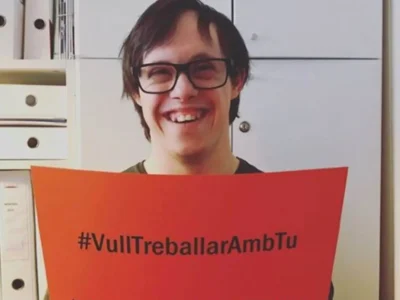
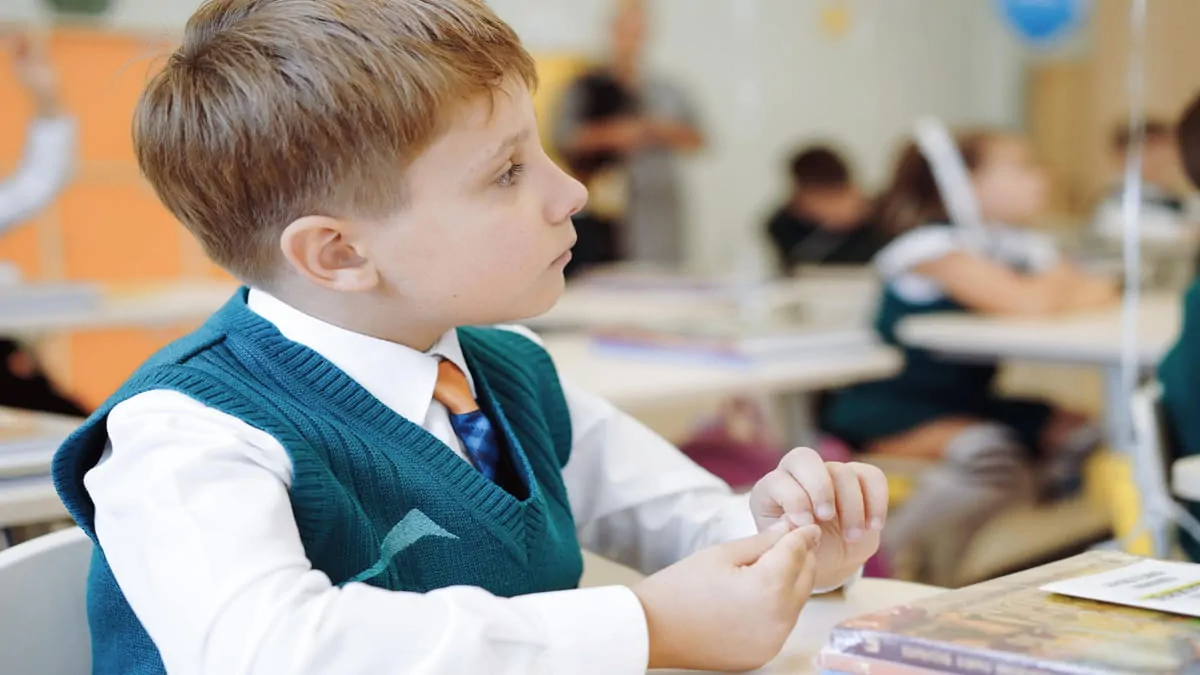
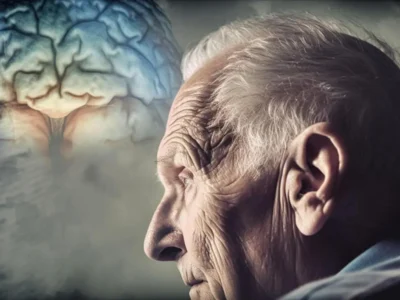
 Aging of people with Down syndrome
Aging of people with Down syndrome
Leave a Reply